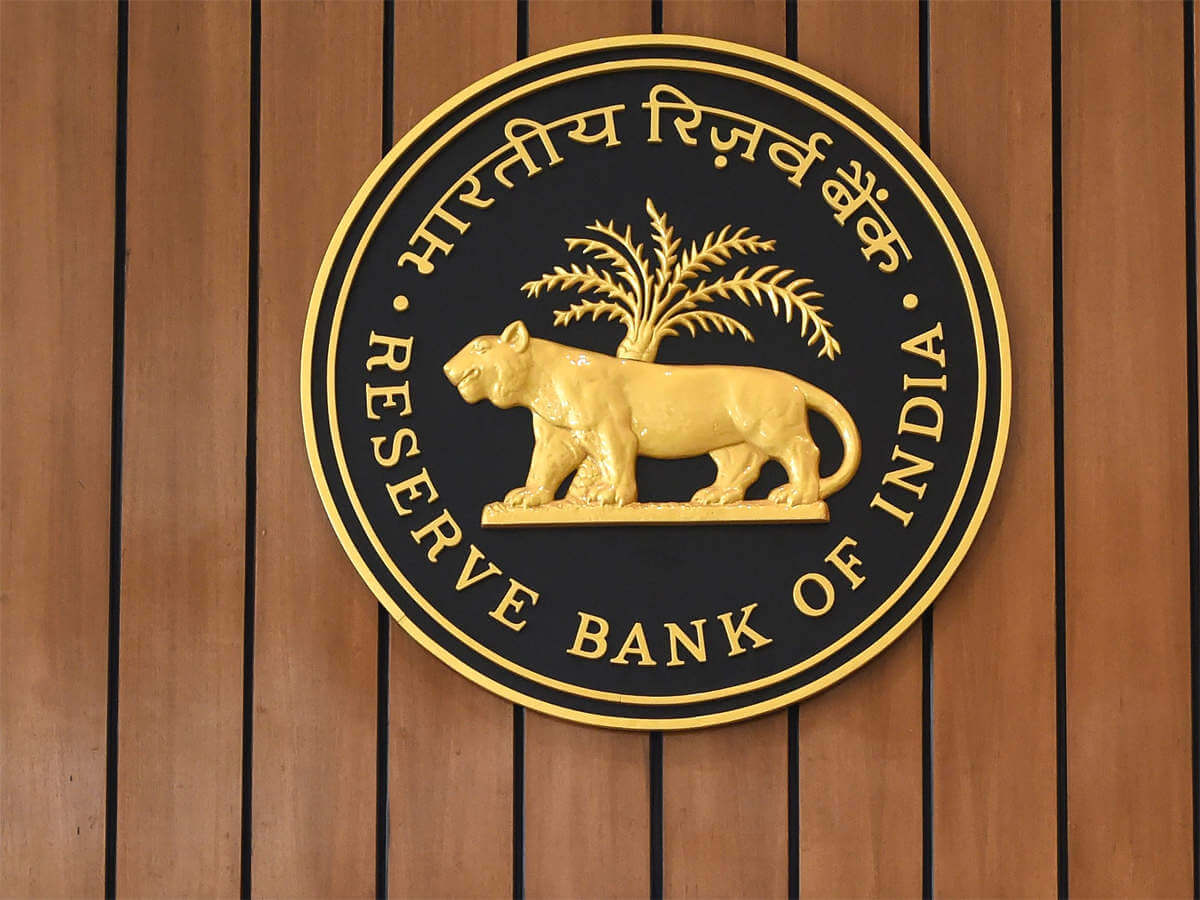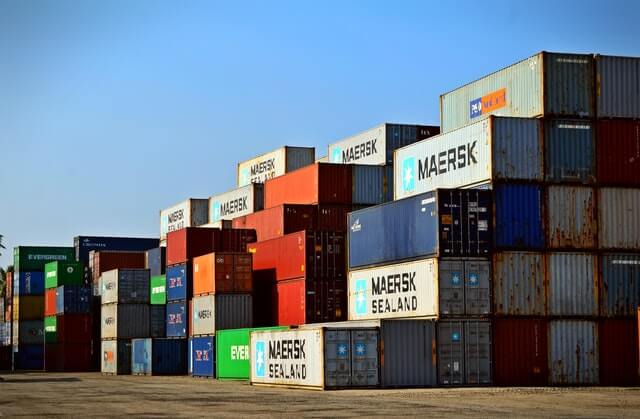This Blog is written by SheelNidhi Sharma from Maharishi Markandeshwar University, Mullana. Edited by Ritika Sharma.
The Airports Economic Regulatory Authority of India (Amendment) Bill was passed on 2nd Aug 2019. It amends the Airports Economic Regulatory Authority of India Act, 2008. The Act established the Airports Economic Regulatory Authority of India (AERA).
This Blog is written by Shashi Indwar from Central University of South Bihar, Gaya. Edited by Ritika Sharma.
The Anti-Hijacking Bill 2010 introduced in the Rajya Sabha and cleared in 2014 and the bill of Anti-Hijacking which provides the death punishment for the offence of Hijacking and the importance for life. Anti-Hijacking was introduced by Ashok Gajapathi Raju, this bill has been referred to the parliamentary standing committee on transport, tourism, and the culture.
This Blog is written by Iesha Sharma from University of Petroleum and Energy Studies, Dehradun. Edited by Ujjawal Vaibhav Agrahari.
A bill was introduced on August 10 2017 in Lok Sabha during monsoon season 2017 in joined committee of both the houses of the parliament. It named Financial Resolution and Deposit Insurance (FRDI) Bill, 2017[1]. The framework of the bill is to deal with the insolvency and bankrupts’ situation in the financial sector for entities such as banks, insurance, companies, and other financial sector intermediaries.
This Blog is written by Amrusha Sengupta from Adamas University (School of Law and Justice) Barasat. Edited by Ujjawal Vaibhav Agrahari.
Globalization did have a great impact on the Competition which is prevalent in today’s market. Promotion of effective competition helps the firm to increase its efficiency, as a result of this consumers at large are benefited, with more productivity the firms can provide more options to the consumers. If there is no competition in the market, the market becomes stagnant.
This Blog is written by Simran Sahoo from KIIT School of Law, Odisha. Edited by Harsh Sonbhadra.
DISHA, 2018 is an initiative taken by the Ministry of Health and Family Welfare for advancing electronic health standards by implementing privacy and security measures for storage and exchange of electronic health records. This establishment would help in systematizing and regulating the collection, storage, transmission, and usage of digital health data by ensuring data privacy and data confidentiality.
This Blog is written by Kumar Shubham from KIIT School of Law, Odisha. Edited by Lisa Coutinho.
The Unlawful Activities (Prevention) Act is an Indian law aimed toward effective prevention of illegal activities associations in India. Its predominant objective is to make powers available for managing and dealing with activities directed against the integrity and sovereignty of India.
This Blog is written by Priyank Sudhir Shah from Gujarat Law Society Law College. Edited by Prakriti Dadsena.
The purpose of this Bill is to provide for protection of privacy of individuals relating to their Personal Data and to establish a Data Protection Authority of India for the said purposes and the matters concerning the personal data of an individual.
This Blog is written by Rashi Aggarwal from Delhi Metropolitan Education, Noida. Edited by Ritika Sharma.
The apex bank of India which is also known as Reserve Bank of India and all the other banks are governed under this bank. RBI is the main body of all the banks that regulate monetary policies of the economy. It serves as the leader for the banking system and money market in India.
This Blog is written by Anamika Singh from KIIT School of Law, Odisha. Edited by Prakriti Dadsena.
The expanding role of the modern welfare state needs a good system of governance which enables the governments to ascertain certain facts from situations that develop, thus the government requires full and first-hand information.
This Blog is written by Sarthak Verma from Symbiosis Law School, Noida. Edited by Anumeha Jain.
Banking Sector in India is by far one of the most dynamic sectors with regular changes and innovations taking place. Being so dynamic yet so stable is a characteristic feature of or banking sector that makes it a prominent one.
This Blog is written by Bhumi Sharma from Amity Law School, Madhya Pradesh. Edited by Debargha Mukherjee.
The Constitution (Amendment) Bill, 2020 as introduced in Rajya Sabha on February 7, 2020 is a bill to further amend the Constitution of India. The fact that the population of India has already crossed over 125 crores is really frightening.
This Blog is written by Aastha Sarda from ILS Law College, Pune. Edited by Debargha Mukherjee.
With the intention to give the Central Government power to establish telegraph lines on private as well as public property, The Indian Telegraph Act was passed in the year 1883. During this period, India was still under the rule of the Britishers.
This Blog is written by Ruhani Garg from Institute Of Law, Nirma University, Gujarat. Edited by Saradarasagnya Oleti.
E-Commerce means buying and selling of goods and services by the digital or electronic network. The sector of e-commerce in India has been facing a significant growth fuelled by expansion in number of online users, the rising popularity of social media platforms and developing entrance of smartphones.
This Blog is written by Muskan Agarwal from Galgotias University, Uttar Pradesh. Edited by Ravikiran Shukre.
The Act came into enforcement in 1951 and was endorsed by the provisional parliament under Article 327 of Indian Constitution, before the first general elections. Part XV of the Indian Constitution talks about the election commission of India i.e. from Articles 324 to 329.
This Blog is written by Pranjali Pandya from DS-NLU. Edited by Saradarasagnya Oleti.
India is a linguistic treasure – trove. India is widely known for its extraordinary linguistic and cultural diversity within the world. The country has around 19,500 languages and dialects. Apart from which 121 languages which are spoken by 10,000 or more people across the country.
This Blog is written by Abhishek Kishan from Central University of South Bihar, Gaya. Edited by Srishti Tiwari.
As a mercantile law, the Sales of Goods Act 1930 came into the act on 1 July, 1930. Its provisions for the setting up of contracts where the seller transfers or agrees to transfer the title (ownership) in the goods to the buyer for consideration.
This Blog is written by Aadish Jain from Symbiosis Law School, Noida.
We all know that how all the governments of the world struggling to control the outbreak of coronavirus, a pandemic situation that has brought a disaster, along with it also impacting the socio-economic viability of the society.
















